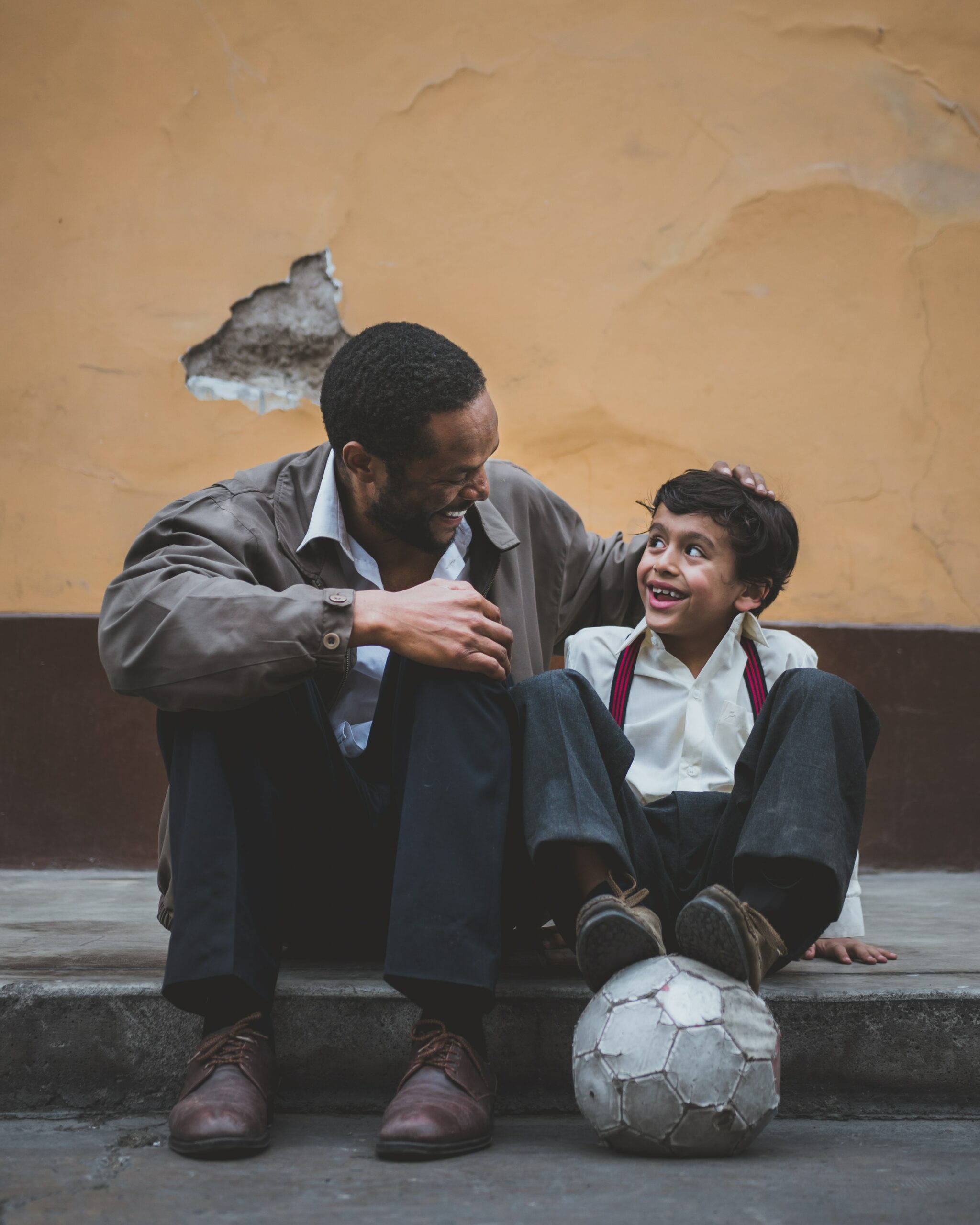In our previous blog, we discussed parents being on the receiving end of our kids’ big, hard-to-have feelings and the importance of listening…truly listening….as a way to respond in these moments. Today, we’re discussing some more traps parents fall into from time to time with some empathic and supportive alternatives.
|
TRAPS |
ALTERNATIVES |
|
We judge the feelings expressed. “Well, that’s a silly way to feel,” we might find ourselves saying. Or, “What is wrong with you that you feel that way?” Or, “You shouldn’t feel that way.” Judgmental responses send the message that we think our kids are flawed or bad in some way because of their feelings. |
Listen with acceptance. We don’t have to share our children’s feelings to be able to support them through a tough time. Instead, we need to accept and acknowledge that their feelings are real to them and are causing them genuine distress. . |
|
We rush to fix the problem. We may cut them off midstream with a “Here’s what you need to do,” or “If I were you, I would….” But did they ask for a solution? . |
Sit back and listen.
Quite often, our kids just need to vent. They need us to simply bear witness as they spew out their bad feelings in order to calm down and feel better. When we cut them off with a neatly packaged solution to their problem, they may feel unheard. They may think that we’ve rushed to a solution because we couldn’t bear to hear their big feelings. They may also miss out on a chance to do some independent problem-solving once they’re feeling calmer |
|
We go on the defensive or the offensive.
It’s easy to feel defensive when our children share negative feelings about us! It takes a cool head to withstand an “I hate you, Dad,” or “You’re the worst mom in the world!” Our big feelings get triggered, and we may rush to defend ourselves, or, worse, we may go on the offensive, retaliating with criticisms of their behavior to shift the balance of negativity back onto them |
Fight fair.
Here’s another opportunity for us to pull on our “grown-up pants.” We can hear out the concerns expressed. That doesn’t mean that we agree with them or that we’re letting our child “win.” Instead, it shows that we care about what they are feeling. It shows that we are willing to consider the possibility that we may have made a mistake. When our child is calm, we can check back in with them to make sure we understood their criticism correctly. We can acknowledge the feelings they expressed. And then, we can make a genuine apology, if warranted, or calmly explain how the picture looks a bit different to us. Quite often, when parent and child are calm again, they discover that the whole thing was a misunderstanding of some sort. |
One circumstance to handle differently…If our kids are spewing self-deprecating statements, we need to shut that down right away. They can still cry or yell, but we don’t want them to say terrible things to themselves. Kids don’t need to forge any neural pathways that reinforce poor self-esteem. When we hear our children hating on themselves, we need to prompt them to restate their concerns. For instance, if we hear “I’m such an idiot! I’m the worst soccer player in the world!” we can compassionately redirect them. We can say, “I totally hear you that you’re mad at yourself for missing that goal. That must be so frustrating. But is there a way you could say it that is kinder to you? You’re already feeling terrible that you missed the goal–you don’t need to make it worse by insulting yourself.” How about something like this? “I’m SOOOOO disappointed that I missed that goal.” Or “I’m SOOOOO embarrassed that I missed that goal.”
When we role model healthier ways to handle big feelings, we help our kids develop critical emotional skills that will help them navigate all the big feelings they’ll encounter across the lifespan.
Sarah Ince, LCSW
Licensed Clinical Social Worker

